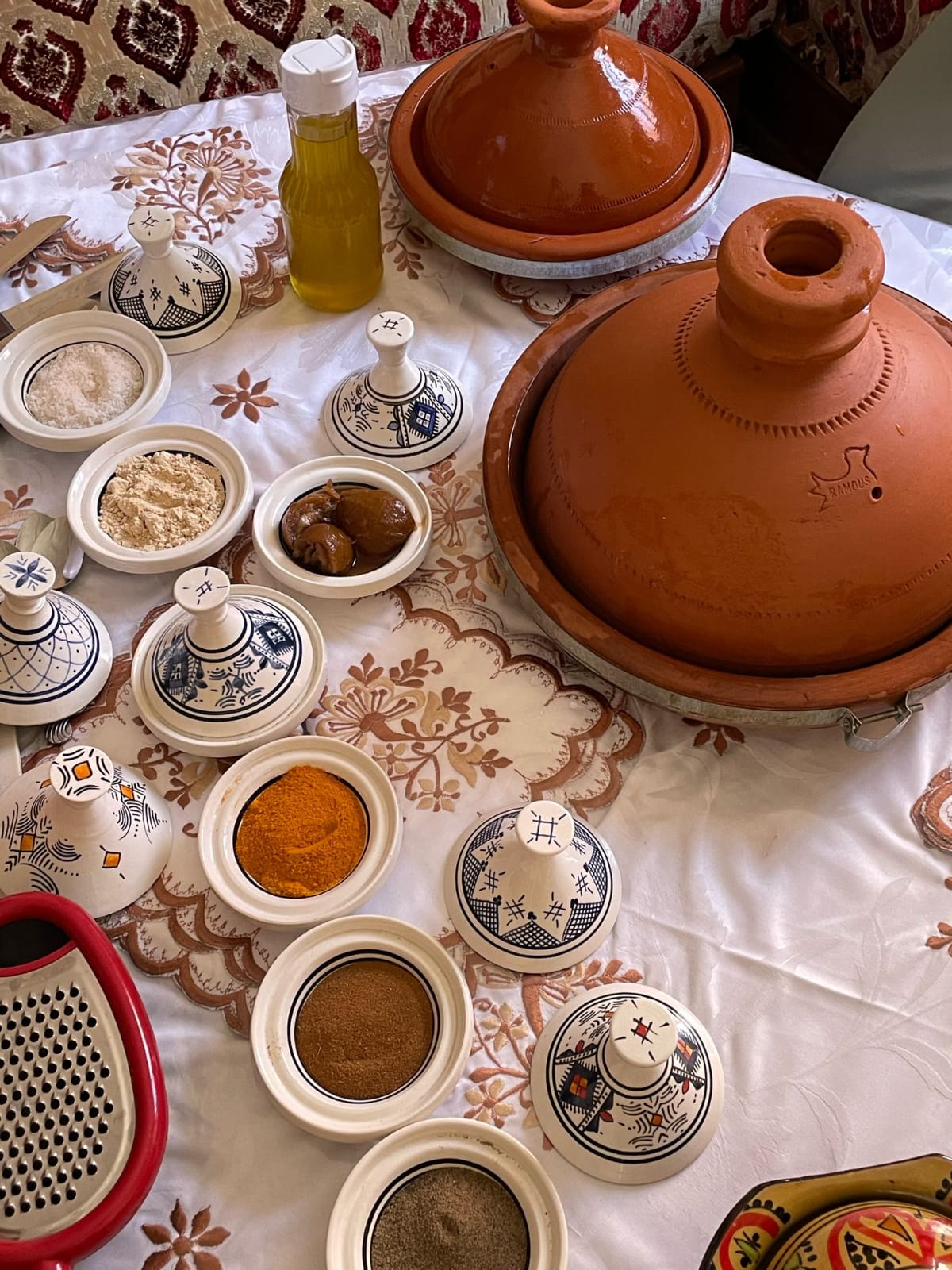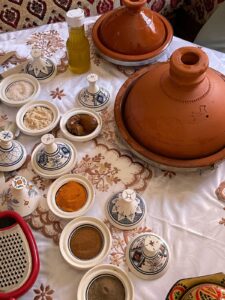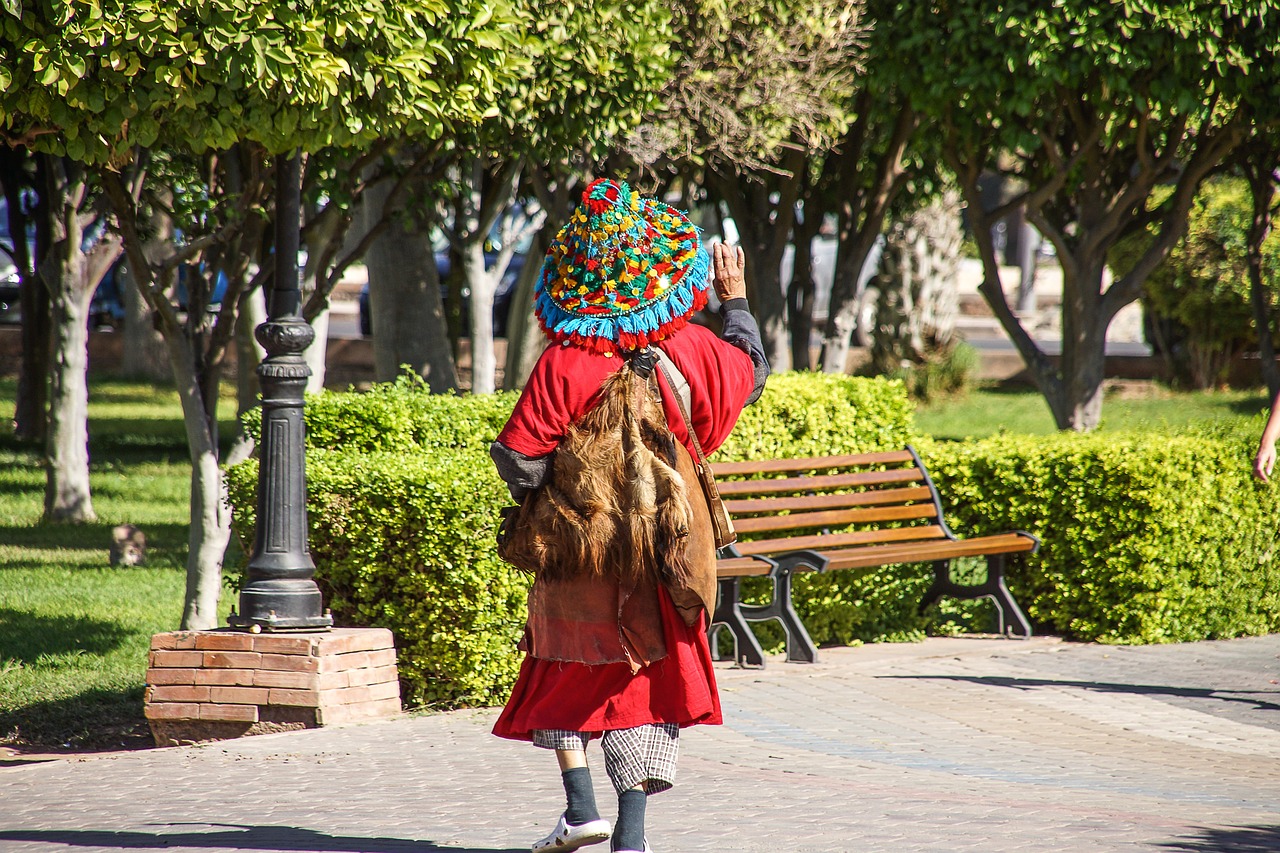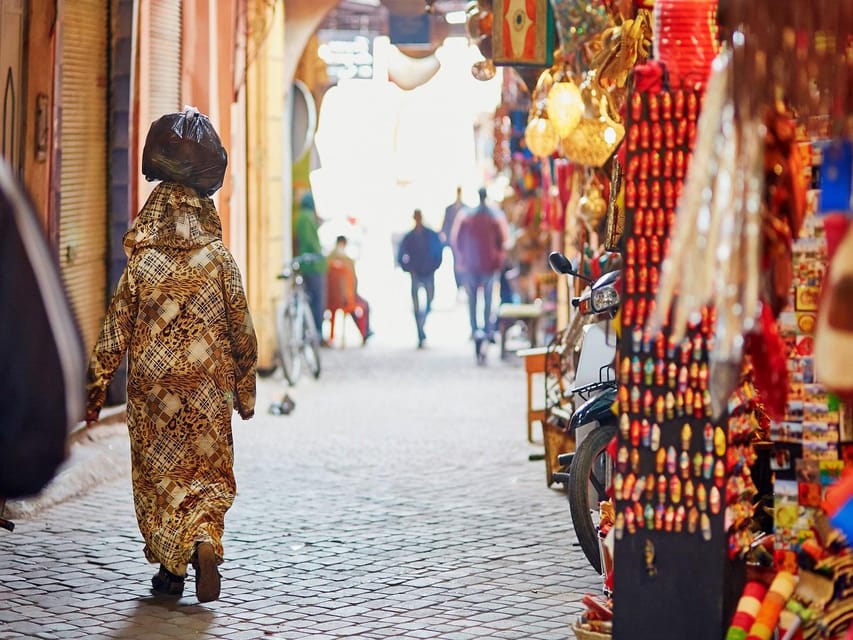New Best Cooking Class in Marrakech – Taste Morocco’s Magic
- Home
- New Best Cooking Class in Marrakech – Taste Morocco’s Magic

New Best Cooking Class in Marrakech – Taste Morocco’s Magic
Cooking Class In Marrakech
Unforgettable Cooking Class in Marrakech – Taste Morocco’s Magic
Cooking Class in Marrakech: Discover the Flavors of Morocco

A cooking class in Marrakech is more than just a culinary lesson—it’s an unforgettable journey through Morocco’s rich flavors, traditions, and culture. Nestled in the heart of this vibrant city, our cooking classes offer you the perfect opportunity to experience authentic Moroccan cuisine while enjoying the warmth of local hospitality.
From the bustling souks filled with colorful spices to the traditional kitchens where generations have perfected recipes, Marrakech is the ideal destination for food lovers. During your cooking class, you’ll explore the essentials of Moroccan cooking, from selecting the freshest ingredients to mastering time-honored techniques.
The experience begins with a guided market tour where you’ll discover fragrant spices like cumin, saffron, and cinnamon. Your instructor will share tips on choosing the best produce and introduce you to the staples of Moroccan cuisine, including preserved lemons, olives, and aromatic herbs.
Back in the kitchen, you’ll learn how to prepare classic dishes such as tagine, couscous, or refreshing Moroccan salads. Step by step, our chefs will guide you through the process, ensuring the class is both fun and easy to follow—even for beginners. As the aroma fills the air, you’ll gain a deeper understanding of Morocco’s culinary heritage and the secrets behind its beloved dishes.
What makes a cooking class in Marrakech truly special is the connection you form with local culture. You’re not just cooking—you’re sharing stories, learning traditions, and tasting the soul of Morocco. Whether you’re traveling solo, with friends, or as part of a family adventure, this experience is a delightful way to create lasting memories.
By the end of the class, you’ll sit down to enjoy the meal you’ve prepared, savoring every bite with a glass of refreshing mint tea. And when you return home, you’ll carry with you not only new recipes but also the spirit of Moroccan hospitality.
If you’re looking for an authentic, hands-on, and unforgettable activity, a cooking class in Marrakech is a must-try experience that combines learning, fun, and flavor.






